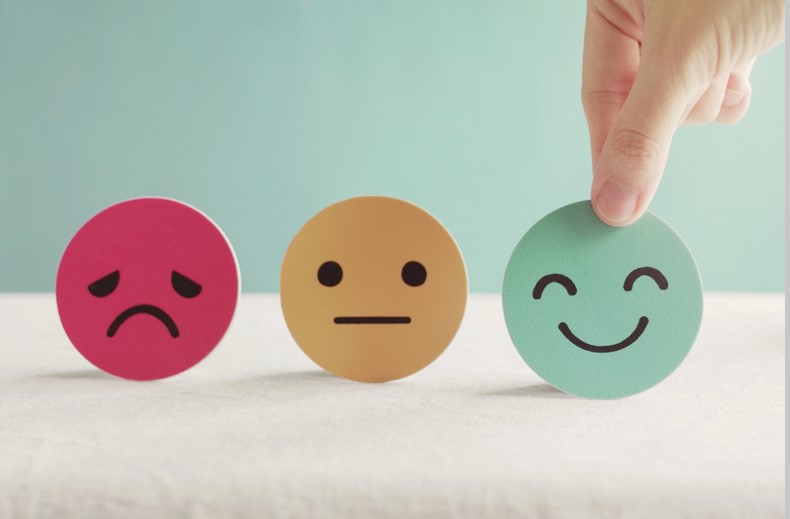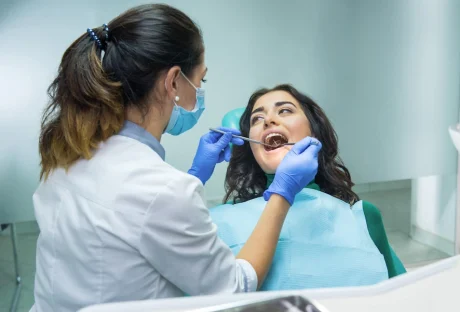Truck accidents can have severe physical consequences, but it’s important not to overlook the potential impact on mental health. The conclusion of a truck accident can be emotionally traumatic, leading to a range of mental health issues. This blog post emphasizes the importance of mental health checks following a truck accident.
We will explore how to recognize if treatment is needed, common symptoms of mental health issues, the importance of seeking treatment, and the types of mental health treatment available in North Carolina. Truck accident survivors can take an important step toward healing and recovery by prioritizing mental health checks and seeking appropriate treatment.
Contents
How Do You Know If Treatment Is Needed After A Truck Accident?
After experiencing a truck accident, the focus is often on assessing and addressing physical injuries. However, it is equally important to recognize the potential impact on mental health. Unlike physical injuries that may be immediately evident, mental health issues following a truck accident can often go unnoticed or be overshadowed by physical trauma.
It is best to be aware of the signs and symptoms that may indicate the need for mental health treatment. Individuals can take proactive steps toward healing and recovery by recognizing these indicators. Common signs that treatment may be necessary include:
- Emotional Distress: Feelings of fear, anxiety, depression, or sadness that persist beyond the initial shock of the accident.
- Sleep Disturbances: Difficulty falling asleep, staying asleep, or experiencing recurring nightmares related to the accident.
- Flashbacks or Intrusive Thoughts: Vivid and distressing memories of the accident that intrude upon daily life and trigger anxiety or panic.
- Changes in Behavior: Abrupt changes in behavior, such as withdrawal from social activities, increased irritability, or reckless behavior.
- Difficulty Concentrating: Struggling to focus or experiencing memory problems that interfere with work, school, or daily tasks.
- Physical Symptoms: Unexplained physical symptoms, such as headaches, stomachaches, or muscle tension, which may have psychological origins.
Remember that these symptoms can vary individually, and seeking professional help is recommended if any signs of mental distress persist. Additionally, you can get a free consultation from Whitley Law to discuss the steps you should take following a truck accident.
PTSD Following A Truck Accident
In North Carolina, individuals who have experienced PTSD following a truck accident have access to various types of mental health treatment options. These treatment modalities aim to address post-traumatic stress disorder’s specific symptoms and challenges.
One commonly utilized form of treatment is psychotherapy, which involves working with a licensed mental health professional to explore and process traumatic experiences, thoughts, and emotions. Cognitive-behavioral therapy (CBT) is often effective in helping individuals with PTSD identify and modify negative thought patterns and behaviors contributing to their distress. Eye movement desensitization and reprocessing (EMDR) is yet another evidence-based therapy focusing on desensitizing distressing memories and replacing them with more adaptive information.
Under a psychiatrist’s guidance, medication management may also be utilized to alleviate symptoms such as anxiety, depression, and sleep disturbances associated with PTSD. Additionally, support groups provide a valuable platform for individuals to connect with others who have experienced similar trauma, offering validation, understanding, and shared coping strategies.
The Importance Of Seeking Mental Health Treatment Following An Accident
Seeking mental health treatment after a truck accident is crucial for several reasons. Firstly, untreated mental health issues can worsen over time, leading to chronic conditions that impact overall well-being. By addressing these issues early on, you can minimize the long-term effects on mental health.
Additionally, mental health treatment can provide coping strategies to manage trauma-related symptoms and facilitate healing. Psychotherapy can help you process your emotions, develop coping mechanisms, and regain control over your life.
Seeking mental health treatment can play an important role in supporting legal claims. Documentation of mental health treatment can strengthen a personal injury case by providing evidence of the emotional impact and the need for compensation.
The Types Of Mental Health Treatment You Can Attend In North Carolina
North Carolina offers various mental health treatment options for individuals seeking support after a truck accident. These options include:
- Psychotherapy: Working with a mental health professional to address and manage the emotional and psychological impact of the accident.
- Medication Management: Manage symptoms of depression, anxiety, or other mental health conditions. A psychiatrist can evaluate the need for medication and monitor its effectiveness.
- Support Groups: Joining a support group can provide a safe space to connect with others who have experienced similar traumatic events. Sharing experiences, insights, and coping strategies can be beneficial in the recovery process.
- Rehabilitation Programs: For individuals struggling with substance abuse or addiction that may have developed as a coping mechanism, rehabilitation programs can offer comprehensive support and treatment.
- Holistic Therapies: Complementary therapies such as yoga, meditation, acupuncture, or art therapy may also be beneficial in promoting mental and emotional well-being.
Get Your Health In Check
After a truck accident, the focus is often on physical injuries, but it’s essential not to neglect your mental health. Recognizing the signs that treatment or counseling may be needed, understanding the importance of seeking help, and being aware of the mental health treatment options available in North Carolina are key steps toward healing and recovery.
Individuals can address trauma-related symptoms by prioritizing mental health checks, developing effective coping strategies, and regaining control over their lives. Seeking professional help is a mark of strength, and support is available to help you navigate the emotional aftermath of a truck accident.
Read Also:























